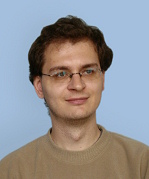IT Pilot: an interview with Dr Alex Moucha
by Alex Went, on 07 September 2017 15:50:52 CEST
Alex, you originally studied computer science at the technical university of Bucharest. What first drew you to this particular field of study?
When I finished high school I was in love with two other sciences, astronomy and physics, and these were what I wanted to study. One of the teachers told me that these sciences barely manage to give you enough money to survive and he recommended computer science instead.
I still have in my heart those two beloved sciences, and I still read a lot about discoveries in those fields. However, the workhorse for me now is computer science. Looking back, I realise not only that my teacher was absolutely right but that I actually chose the science which rewards me most: I absolutely adore it, and do not wish to change my area of study at all. This may be because it is a science made by people, not by nature.
There are many CISCO certified people in the Czech Republic. However, what I want is to cover things not only in depth but also in breadth: from classic routing and switching to design, wireless, VoIP, and so on. CISCO is one of the major players in networking. I personally see them as the 'Apple' of networking. Many standards were developed by them and then released openly to the world.
CISCO is not the kind of device you would use for a domestic network; it is designed for businesses from enterprises to extremely large service providers. Thus I teach the students the 'creme de la creme'': I make them accustomed to enterprises, and to what they should expect in their careers.
The BSc Computing programme at Prague College includes classes on network infrastructure, networking security and digital forensics. Can you briefly explain how these areas of study differ?
Networking infrastructure teaches classic routing and switching, where it all started. Networking security introduces to the students the fact that in a network we have to preserve confidentiality, integrity and authentication of data to fulfil security requirements. Digital forensics deals with incidents: how to log them, how to detect them and how to mitigate them.
I also teach at Prague College more advanced classes: wireless (from antennas to services), information systems in organisations (how to build enterprise services: VoIP, integrated services, etc), advanced networking (which is proper design of large networks). As you can see, because I can orient myself into this area I built the subject to be complementary, thus the student can choose the basics or (s)he can go further into one area (security) or more.
Thanks to technology, the worlds of creative media and computing are ever more convergent. What for you is the most interesting example of this interconnection?
I shall briefly give you not one, but two, examples. The first is video telephony - it is not so necessary within organisations, however it can interconnect people. My parents live in another country and video telephony keeps us in touch, unites us, at costs which are virtually zero; ten years ago this was only a dream, as international calls were very expensive.
The second is journalism: today anyone can become a journalist, can document an event. Thus it is easier for people to actually see what is happening in the world. With this comes, of course, the risk of fake news. The antidote is not censorship imposed by an authority, but education and the culture of the reader in person. Today it is so easy to study anything you want in extreme scientific detail, because everyone has access to information.
You number among your hobbies both astronomy and flying (I believe you hold a pilot's licence). Is seeing things from different perspectives or angles an important part of your own personal mode of learning and teaching? Can you elaborate?
Of course. Flying requires that you maintain calm and controlled, even in stressful situations. Flying is also an area in which I need to study and practise a lot. Thus after physics, astronomy and computer science came flying. This alternation keeps my brain young and eager to discover.
These days the non-technical public take wireless networks for granted, but they still seem surprised about the need for security. How secure can computer systems ever be? Is quantum-based security a realistic prospect?Security is a game of cat and mouse: it never ends. Even when technology works flawlessly the user can make a wrong click with the mouse and trash everything. Psychology plays a role at least as important as technology. For normal users (not advanced ones), the one for whom the systems are only tools, I have one recommendation: just apply and keep best practices; if you cannot then find a trusted person who can. That is it. Let's say I need a doctor. It is my body, but I do not know it scientifically. Thus I must have someone who can do that for me.
Quantum computing is still way ahead in the future. Although science predicts perfect cryptography (and of course it will improve cryptography by orders of magnitude) I would not accept the word 'perfect' - history has shown numerous times that we put our faith in perfect cryptographic tools which were cracked in the end (Enigma, for example, which the British acknowledged that they cracked only 30 years after the end of the war).
The students in computing should be like any other student in any other area. I shall enumerate some qualities: eager to understand (more important than just to learn), organised (not to get lost in a huge sea of information), efficient (neither lazy nor hard-working are advantages, procrastination can become an advantage here - doing the work to the required quality in the shortest interval and with minimal resources), a thinker (think and act, do not under-think, do not over-think). I really do hope the students of the future will be better than I am, as they will pay my pension. The fact that the world will move forward is just a by-product of this.











